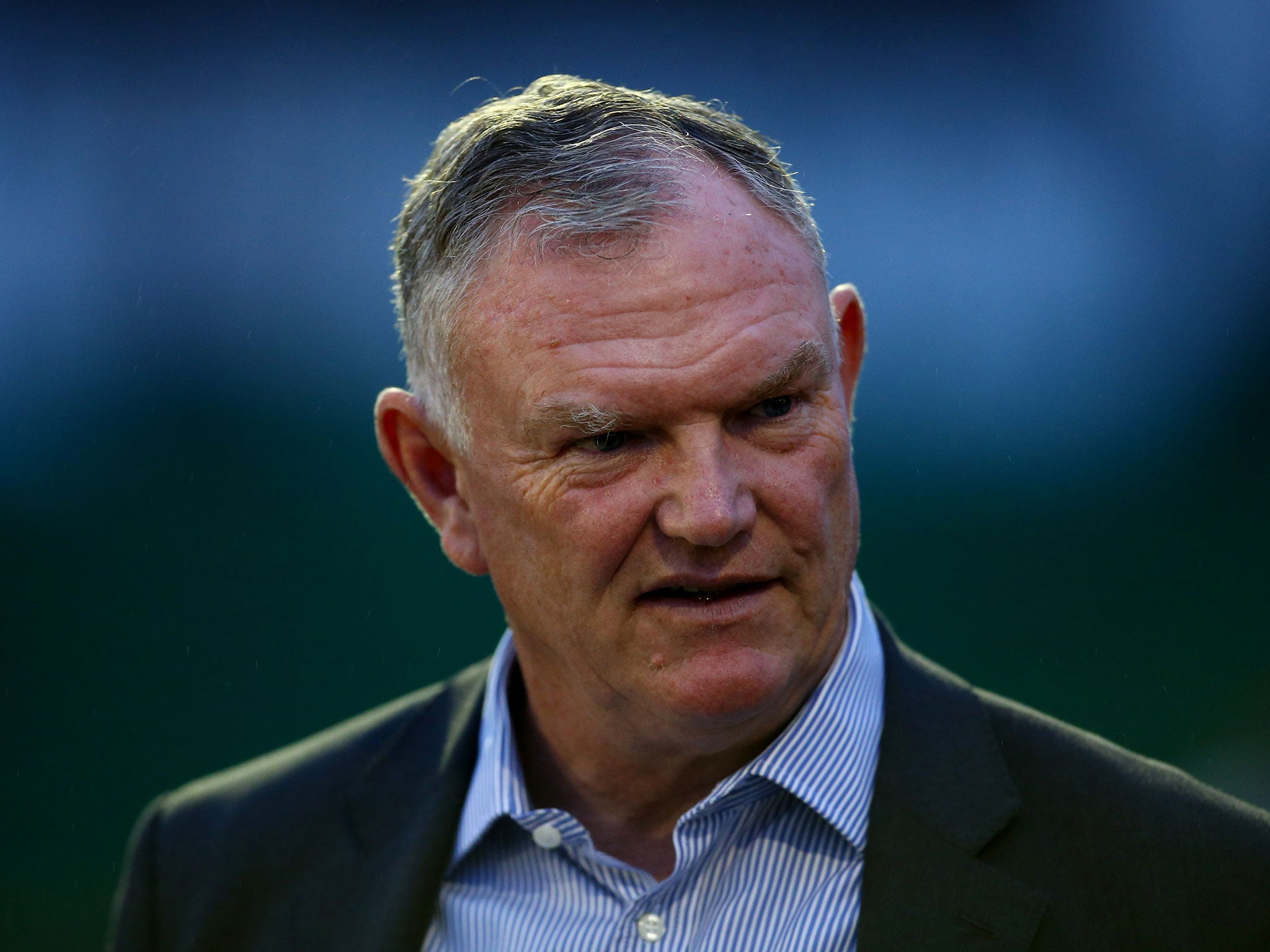FA chief Greg Clarke hits back at former executives for launching attack in middle of child sex abuse crisis
Five former FA chief executives said the 25 life presidents on the FA Council are 'all elderly white men who do not represent anyone but block even the most minor of changes'

Your support helps us to tell the story
From reproductive rights to climate change to Big Tech, The Independent is on the ground when the story is developing. Whether it's investigating the financials of Elon Musk's pro-Trump PAC or producing our latest documentary, 'The A Word', which shines a light on the American women fighting for reproductive rights, we know how important it is to parse out the facts from the messaging.
At such a critical moment in US history, we need reporters on the ground. Your donation allows us to keep sending journalists to speak to both sides of the story.
The Independent is trusted by Americans across the entire political spectrum. And unlike many other quality news outlets, we choose not to lock Americans out of our reporting and analysis with paywalls. We believe quality journalism should be available to everyone, paid for by those who can afford it.
Your support makes all the difference.The Football Association chairman Greg Clarke launched a robust response to a high profile attack of the governing body’s “white and elderly” decision makers on Monday night, declaring that it was ill timed in the middle of the crisis about historical sexual abuse in the sport.
The reputation of the governing body is likely to take another blow on Tuesday when the sports minister Tracey Crouch, who has previously criticised the level of grassroots funding delivered by the Premier League, appears before the DCMS parliamentary select committee whose chairman, Damian Collins, wants a House of Commons vote of no confidence in Clarke’s organisation.
But in a letter to the FA Council, which has been described as hopelessly out of touch and anachronistic by five former FA senior executives, Clarke has thanked its 123 members for their support and urged them to approve his own attempts to make the body more accountable.
"Personally, I believe the timing of this intervention is ill-judged,” Clarke told the council in a letter. “I am confident that with collaboration across the game we will be able to implement appropriate and meaningful change."
Previous leaders of the FA have fought to streamline the antiquated structure of the council, which the five former CEOs claim is an impediment to rapid and effective decision-making.
But Clarke’s rejection of the letter appears to stem from a general aversion to involving government in reform to the FA. A number of sports administrators said on Monday using legislation to overhaul the FA could land the governing body with responsibilities and bureaucracy that it does not want. The letter could help Clarke to overhaul the council in ways that he cannot admit publicly.
The five executives - former chairmen Greg Dyke, David Bernstein and David Triesman, former director David Davies and one-time chief executive Alex Horne - said in a letter to Collins that the 25 life presidents on the FA Council are “all elderly white men who do not represent anyone but block even the most minor of changes.” Dyke told Monday’s BBC Today programme that FA council meetings were like “walking into 1952” and bear no resemblance to Britain today. “You cannot have a council where only four out of 120 are from an ethnic minority background.”
But among those also resisting the idea of political influence being brought to bear in an FA reform was Arsenal manager Arsene Wenger, who attacked the five’s idea of an independent regulator for the sport.

“Football is a very special activity that should be ruled by football people and our target is to be adult enough to rule our own activity,” Wenger said. “Football and politics should not deal together. There should be no government intervention, no legislation. What I want is that the values of our sport are respected. When you look at the history of the game, when it was run by politics, you will see it was not for the benefit of the sport.”
The former executives claimed the governing body is now incapable of defending the interests of the national game in the face of the “financial might” of the Premier League.
But Clarke’s letter told council members: ”I know you will support me in ensuring that during this period of increased scrutiny we continue to work together, and within the game, to progress [the need for inclusion, transparency and accountability] further.”
Join our commenting forum
Join thought-provoking conversations, follow other Independent readers and see their replies
Comments